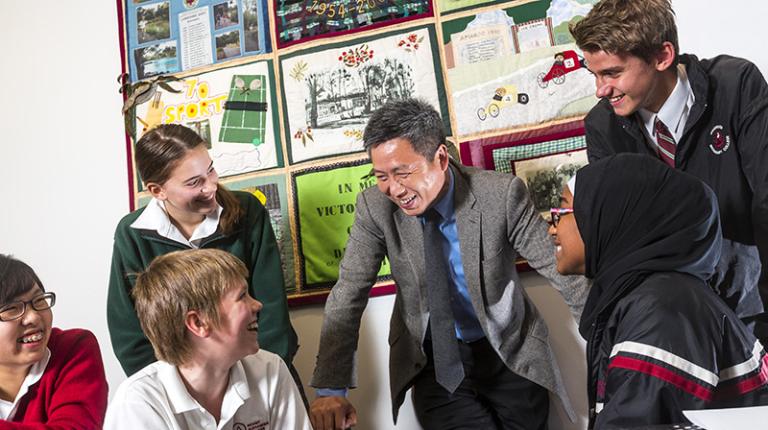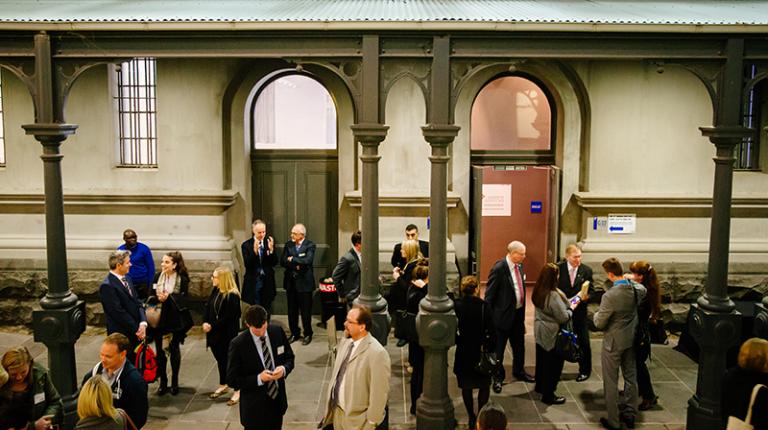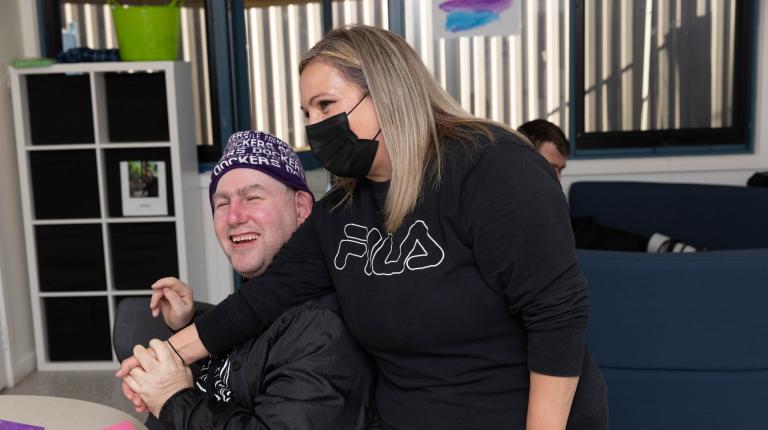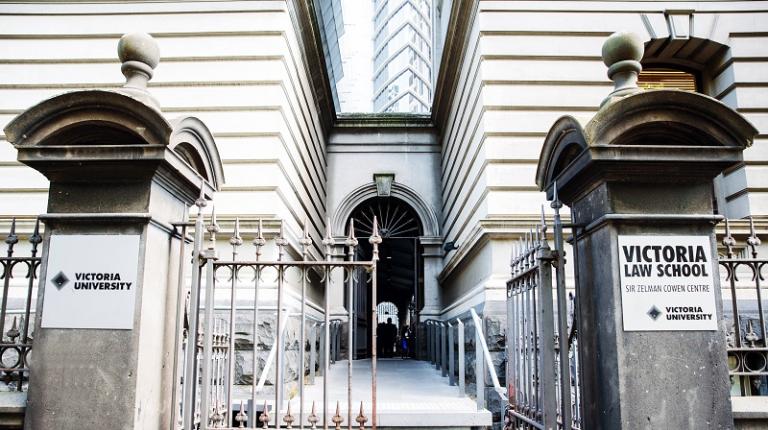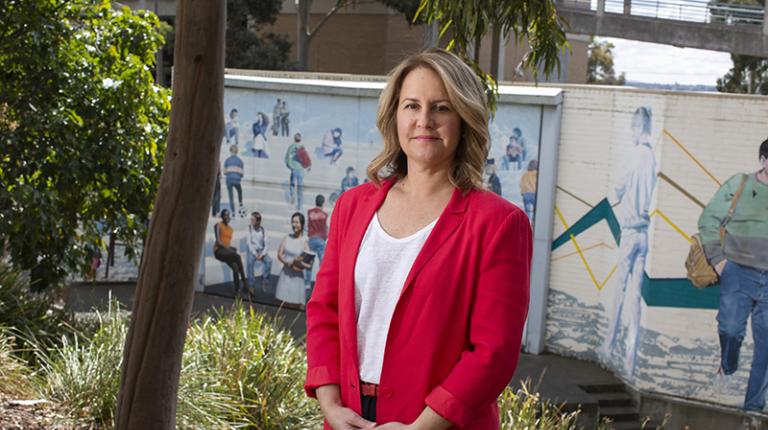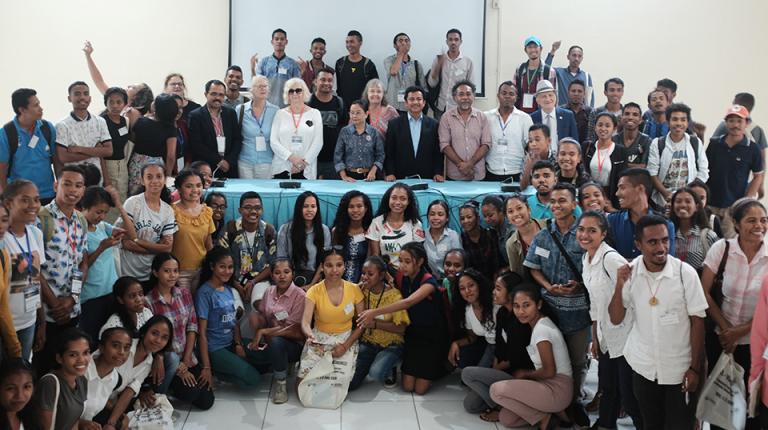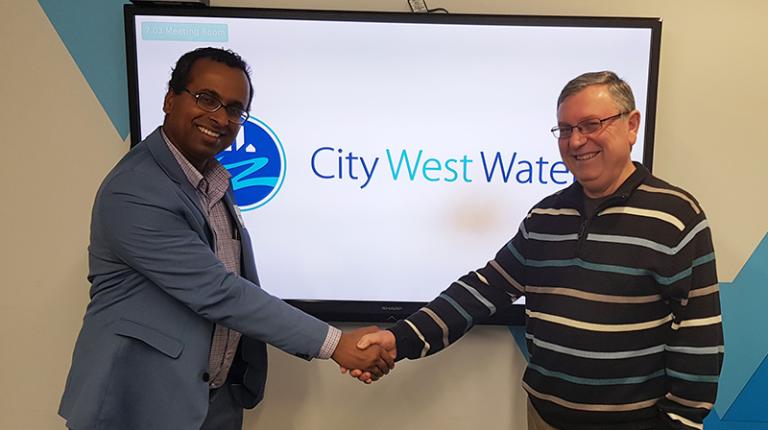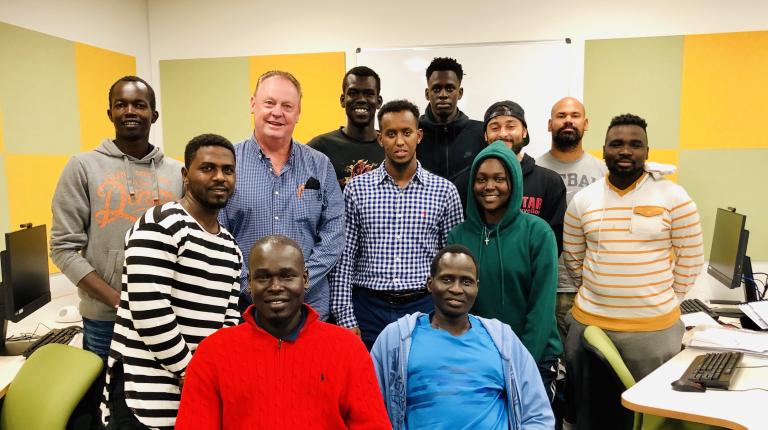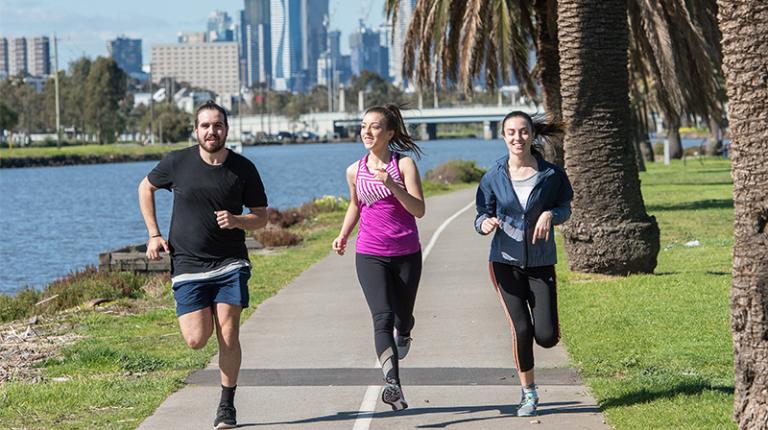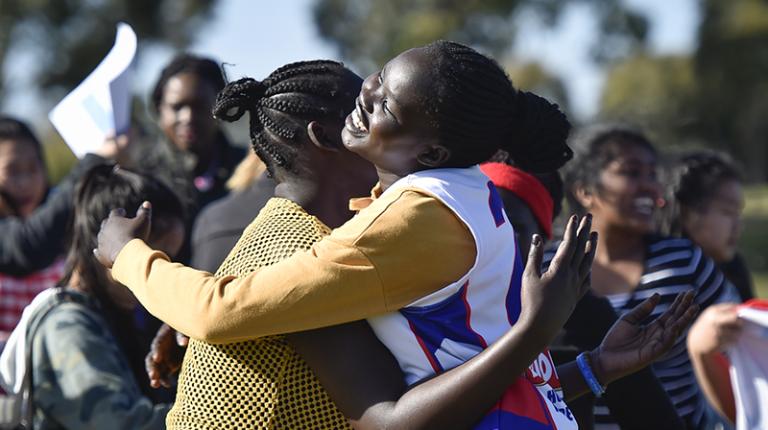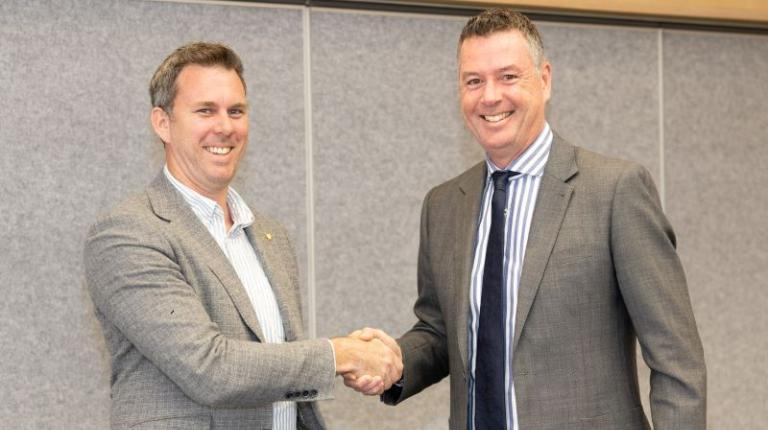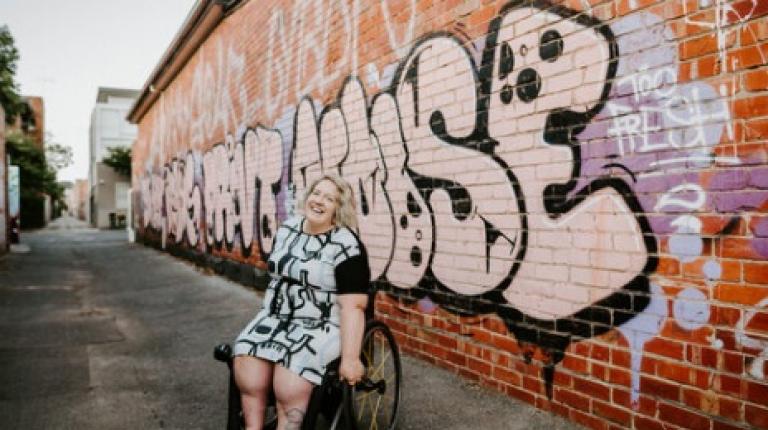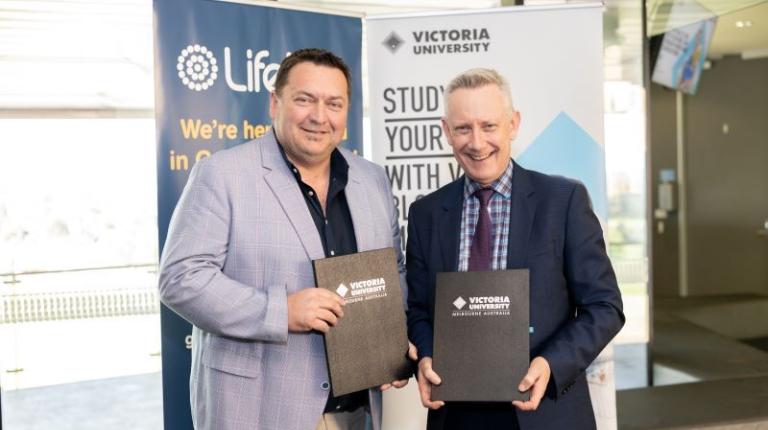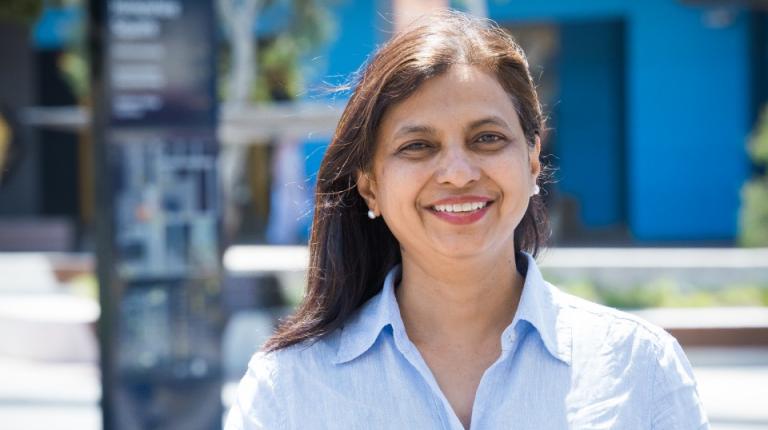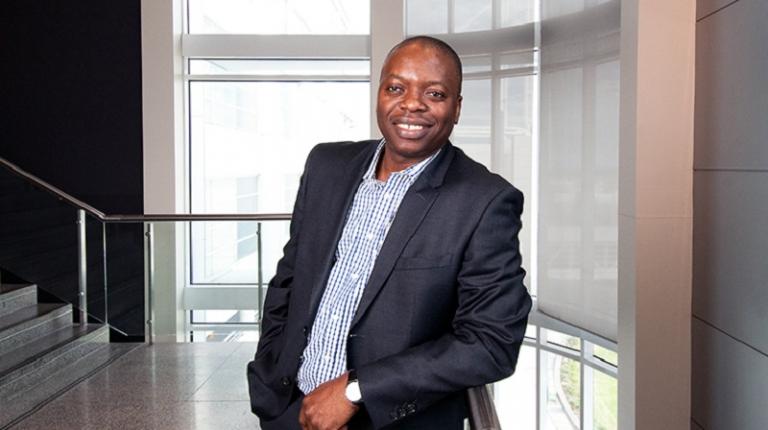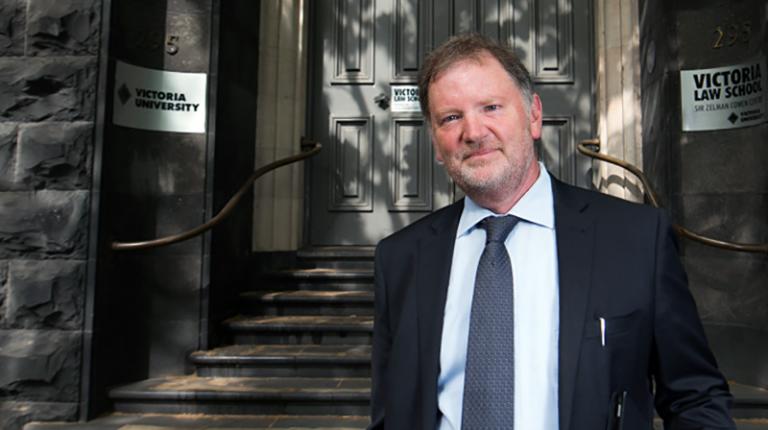The Centre of Policy Studies (CoPS) provides modelling for governments around the world to determine the economic impacts of planned initiatives or social and environmental events. In 2021 applications of CoPS’ models (particularly the Victoria University Regional Model (VURM)) was used to examine impacts of global warming including:
- for Upside and Downside Risks of Climate Change for the NSW Treasury by Phillip Adams
- Covid-19, Energy and Climate Change for the Department of Industry, Science, Energy and Resources again by Philip Adams in conjunction with Frontier Economics
- The Tasmanian government used CoPS modelling by Philip Adams to inform the adoption of a zero emissions policy. The modelling showed the impact of the roll-out, of the best-fit emissions opportunities for Tasmania’s real gross state product overall, and for industry specific employment, and industry output.
- The U.S. Department of Homeland Security contracted CoPS through the Centre of Excellence for Accelerating Operational Efficiency at Arizona State University to provide estimates of the cost to the U.S. economy of increased dropout rates from high school from difficulty staying in school due to Covid impacts.
VU researchers collaborate with academics and organisations around the world to identify the challenges and solutions for people’s advancement.
Professor Corrine Reid and a team of researchers from around the world worked with more 200 researchers from over 30 countries and 60 disciplines to develop a toolkit to support global researchers to navigate the ethical challenges of undertaking global challenge-led research. A downloadable pocket guide is available in 11 languages.
Professor Željko Pedišić worked with researchers from across the globe on a series of publications to inform national policy development for promoting a healthy level of physical activity. High levels of sedentary behaviour are a leading contributor to rising rates of chronic, non-communicable diseases (NCDs) around the world. Central to this work was his contribution to the GOPA 2nd Physical Activity Almanac. Global Observatory for Physical Activity (GOPA) is an organisation for researchers, epidemiologists, public health policy makers and practitioners to produce and analyse reliable, high quality and current global data, information and knowledge on physical activity and health. Željko Pedišić with other GOPA members produced the 2nd Almanac of 164 country cards for all physical activity research, policy and monitoring worldwide – a global coverage of 75.6%. The purpose of the Almanac is to assist countries to determine their needs and improve standardised date collection, systems, policy and research.
Further to this work for national policy development, Professor Pedišić contributed to several chapters in the book Physical Activity in Low- and Middle-Income Countries (LMIC):
- The Global physical activity chapter summarises the evidence on: the health outcomes of PA; PA prevalence, surveillance, policy, and research globally, with a specific focus on LMICs; advising on advocacy for PA; and improving efforts to promote PA in LMICs.
- Physical activity surveillance in the context of low- and middle-income countries seeks to address the lack of a well-developed PA surveillance system in most LMICs. International frameworks for NCD and behavioral risk factor surveillance provided by the World Health Organization can help to improve national PA surveillance to address the growing burden of NCDs in LMICs.
- The chapter on Physical activity policy actions examines issues for policy development, but also provides a physical activity (PA) policy toolbox for LMIC (useful resources for policy planning). The chapter examines how LMIC can adapt the World Health Organisations Global Action Plan on Physical Activity 2018-2030 for the eight best investments to develop a feasible PA plan.
In Plan Globally and Act Locally for Physical Activity? Željko Pedišić and an international team of researchers reviewed global progress towards implementing plans to promote physical activity (PA). The researchers observe that health ministries are having difficulty tackling a problem where the main influences are in other sectors, such as urban planning and education, requiring better partnering to improve implementation of PA policies and programs.
Associate Professor Deborah Zion is a member of the World Health Organisation Committee of Ethics, Public Health and Migration. Dr Zion joined 24 researchers from Oceania, Europe, North and South America to establish the incidence of stroke in Indigenous populations in developed countries. Whilst the health and socio-economic disadvantage of Indigenous people is well established, data on the incidence of stroke is scarce.






